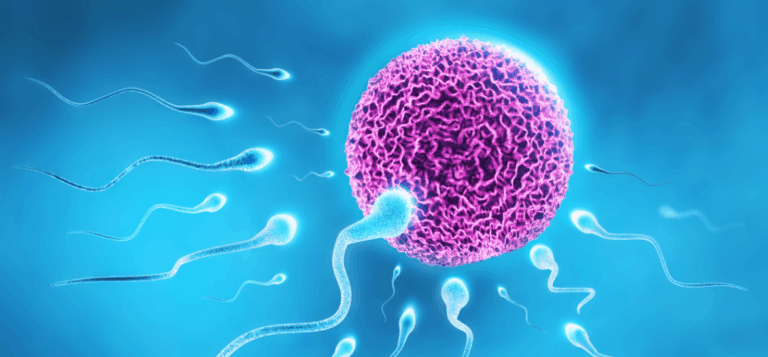Results of a new, small study indicate that radical prostatectomy can have a significant negative impact on men’s sexual health, resulting in erectile dysfunction, lower sexual desire, and reduced frequency of intercourse, among other sexual issues. The study appears in the April 2011 issue of the International Journal of Impotence Research.
A total of 63 men (mean age, 63.9 years) who had undergone radical prostatectomy were questioned about the impact of surgery on their sexual health and satisfaction. Nearly three-quarters (74.6%) of the men were being treated for erectile dysfunction. The men were divided into two groups: those with high or lower levels of sexual motivation.
After undergoing prostatectomy, overall the men reported lower sexual desire (52.4%), reduced frequency of intercourse (79.4%), inability to reach orgasm (anorgasmia, 39.7%), less satisfying orgasm (38.1%), climacuria (urine leakage during climax, 25.4%), greater distress (68.3%), and/or lower partner satisfaction (56.5%).
When comparing highly sexually motivated men with those less sexually motivated, they reported loss of masculine identify (76.0% vs 52.6%), loss of self-esteem (52% vs 28.9%), and performance anxiety (36% vs 18.4%). In conclusion, radical prostatectomy results in significant adverse effects on men’s erectile function, sexual desire, and sexual health. Men who are most sexually motivated experience greater distress and are less sexually satisfied post-surgery. Men who are contemplating undergoing radical prostatectomy should discuss the potential sexual health issues associated with this procedure before they have the surgery so they have a plan of action in place.
Read more in our Prostate Cancer Health Center and our Erectile Dysfunction Health Center.
Reference
Messaoudi R et al. Erectile dysfunction and sexual health after radical prostatectomy: impact of sexual motivation. International Journal of Impotence Research 2011 Mar; 23(2): 81-86







